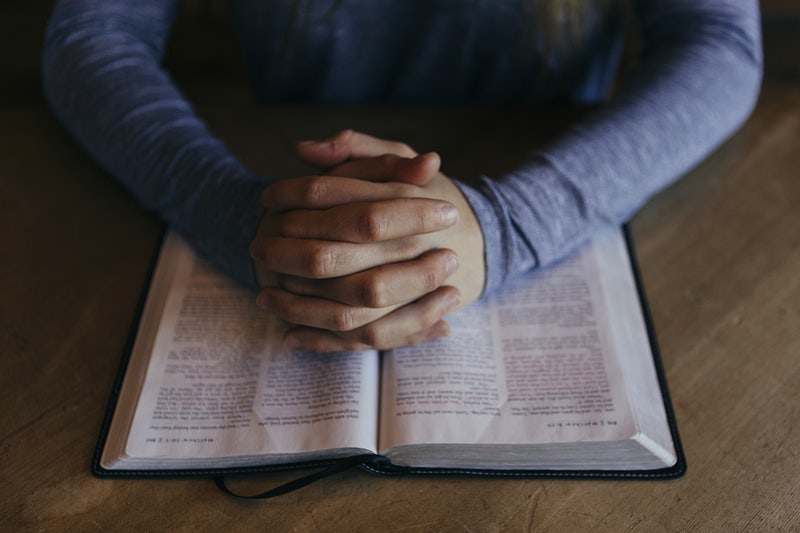Depression is one of the most common mental health disorders in the world. It can cause a wide range of symptoms, which can make it difficult to function day-to-day. If you are struggling with depression, you may feel like there is no hope. However, self therapy for depression can help reduce your symptoms & improve your quality of life. In this blog post, we will discuss how self therapy works & provide some tips for reducing your depressive symptoms.
Contents
- 1 What Is Self Therapy?
- 2 The Best Self Therapy For Depression
- 2.1 Acknowledge & Challenge Negative Thoughts
- 2.2 Stay Active
- 2.3 Set Realistic Goals
- 2.4 Seek Support From Others
- 2.5 Drink Enough Water
- 2.6 Practice Self-Care
- 2.7 Changes In Routine & Stick With It
- 2.8 Focus On The Present Moment
- 2.9 Art Therapy
- 2.10 Healthy Diet & Regular Sleep
- 2.11 Asses With Pet Animal
- 2.12 Avoid Caffeine, Alcohol, & Drug Abuse
- 3 Is Depression Treatable At Home?
- 4 Conclusion
What Is Self Therapy?
Self therapy is an approach to mental health care that relies on the individual’s own resources & skills to reduce symptoms & improve their well-being. It’s not just about treating depression, but rather helping an individual underst& how they are feeling & why so that they can develop strategies to manage it. Self therapy focuses on empowering individuals to take ownership of their mental health & encourages them to make positive changes in their lives.
The Best Self Therapy For Depression

There are various depression self therapy & strategies that can help reduce your depressive symptoms.
Acknowledge & Challenge Negative Thoughts
One of the core techniques of self therapy is challenging & reframing negative thoughts. Negative thinking can become a cycle that leads to depression, so it’s important to recognize & challenge these thoughts. Ask yourself if the thought is true or if there’s any evidence for it. If not, try to replace it with a more balanced view or positive affirmation.
Stay Active
Regular physical activity can help reduce the symptoms of depression. Exercise releases endorphins, which can make you feel better & improve your mood. Even if you don’t have time for a full workout, try to fit in some form of physical activity every day – even a short walk or light stretching can be beneficial.
Set Realistic Goals
Setting realistic goals that are achievable & tangible can help motivate you & provide a sense of accomplishment. Make sure the goals are specific, measurable, achievable, & relevant to your current situation. This will give you something to strive towards & provide a sense of progress.
Seek Support From Others
Having a support network is essential when dealing with depression. Talk to friends, family, or mental health professionals about how you’re feeling & what you’re going through. Having someone to talk to can help provide perspective & make it easier to cope with your situation.
Drink Enough Water
Staying hydrated is essential for physical & mental health. Make sure to drink enough water throughout the day, as dehydration can lead to fatigue & low mood. This can be particularly important when dealing with depression, as it’s easy to forget to take care of yourself.
Practice Self-Care
Depression can take a toll on your mental & physical health, so it’s important to take time for self-care. This can include anything from taking a warm bath or cooking a nutritious meal to going for a walk in nature or reading an inspiring book. Practicing regular self-care activities can help you stay connected to your body & mind, which is essential for overcoming depression.
Changes In Routine & Stick With It
Depression can make it hard to find motivation & stick with a routine, but setting a regular schedule can help reduce symptoms. Make sure to build in time for activities that nourish you, such as reading, yoga, or creative pursuits. Having structure & purpose can give you something to look forward to & provide an outlet for your energy.
Focus On The Present Moment
Depression often manifests itself as ruminating on the past or worrying about the future. Taking breaks throughout the day to focus on thoughts & sensations in the present moment can help ground you & bring clarity in stressful situations. Mindfulness practices like meditation can be especially beneficial in this regard. Yoga, tai chi, & qi gong can be helpful as well.
Art Therapy

Art therapy is a great way to express yourself, release emotions, & reflect on experiences. Rediscovering your creative side can help you get in touch with feelings of joy & fulfillment. Even if you don’t feel like creating something physical, try writing down your thoughts & feelings in a journal or decorating a memento for yourself.
Listening to music can be a great way to relax & express emotions. Find uplifting songs that evoke positive feelings, or use music as an outlet for your sadness. Put together a playlist of favorite tunes, or explore new genres & artists that you haven’t heard before.
Healthy Diet & Regular Sleep
Depression can make it hard to stick with healthy habits, but making an effort to stick to a balanced diet & regular sleep schedule is important. Eating nutritious foods can help boost energy levels while getting enough rest helps the body repair itself & recharge. Specific nutrients like Omega 3s and Vitamin D can also help reduce depression symptoms.
Asses With Pet Animal
Spending time with your pet (if you have one) can be beneficial for both of you. Petting an animal can help reduce stress, anxiety, & feelings of loneliness. If you don’t have a pet, consider volunteering at a local shelter or visiting a friend who has one.
Avoid Caffeine, Alcohol, & Drug Abuse
Caffeine, alcohol, & drugs can all worsen depression symptoms. Try to limit your intake of these substances or avoid them altogether. If you find yourself feeling dependent on them, talk to a mental health professional about ways to break the cycle.
By implementing the self therapy for depression outlined above, you will be able to find a better balance in your life & reduce the symptoms of depression. Remember that self-therapy is not a one-size-fits all approach, so don’t be afraid to experiment with different strategies to see what works best for you. With patience & perseverance, you can take control of your mental health & work towards finding inner peace.
Is Depression Treatable At Home?
Yes, depression is highly treatable at home. There are many self-care strategies that can help reduce symptoms of depression & improve mood. Additionally, seeing a mental health professional can be very beneficial in developing coping skills for managing depression. With dedication & support from loved ones, you can progress toward feeling happier & healthier.
Conclusion
Depression can be a challenging condition to manage, but with the right support & strategies, it’s possible to find relief. By making self-care a priority, creating structure in your day-to-day life & trying new activities that lift your spirits, you can help reduce symptoms of depression. As long as you stay committed & don’t give up on yourself, you can gain greater control over your mental health. With regular effort, you’ll eventually find the path to healing.
For more information, please contact MantraCare. Depression is a mental illness characterized by persistent feelings of sadness, hopelessness, & loss of interest in daily activities. If you have any queries regarding Online Depression Counseling experienced therapists at MantraCare can help: Book a trial Depression Therapy session


